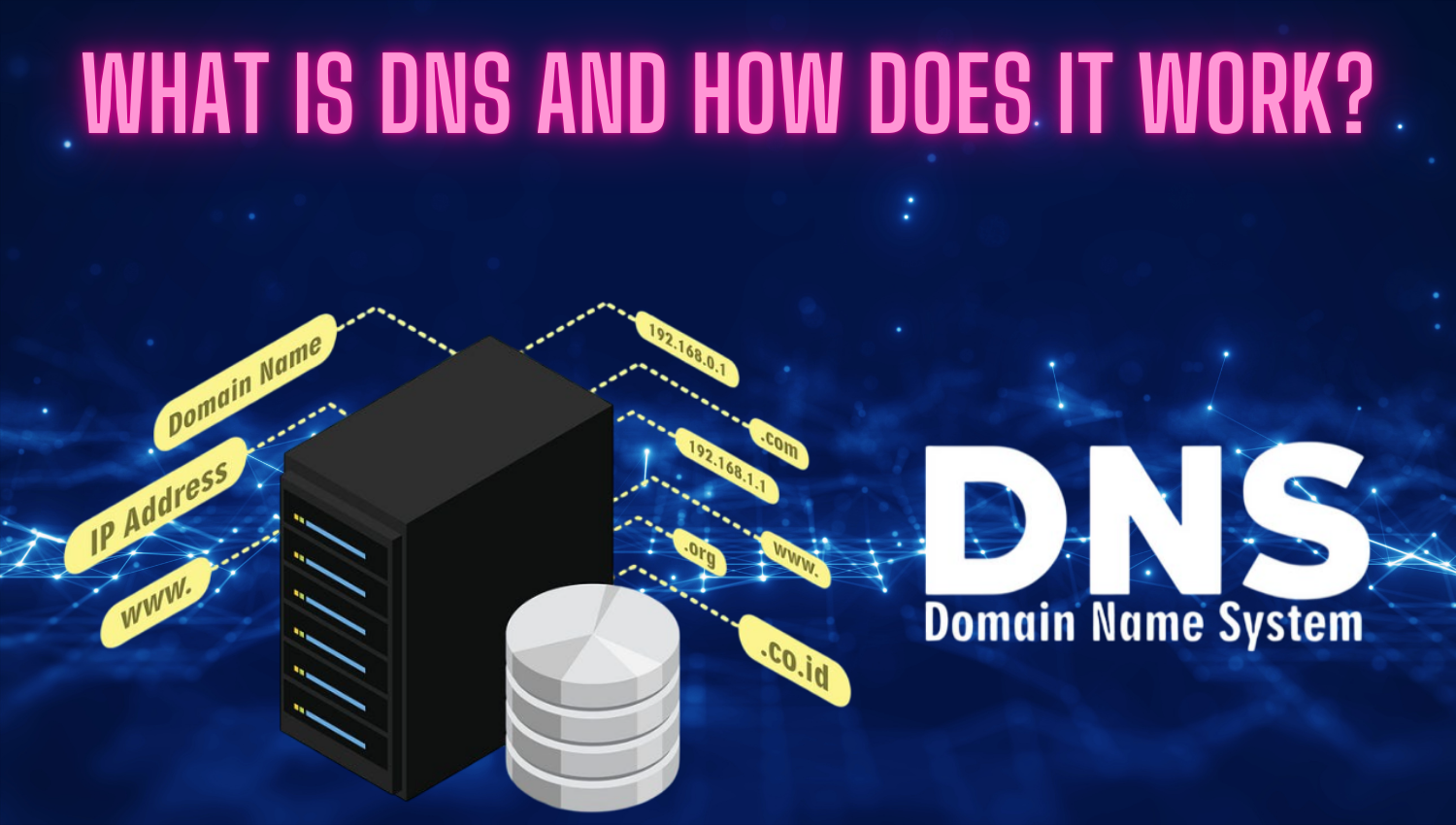Introduction
DNS (Domain Name System) is one of the fundamental building blocks of the internet, facilitating user access to websites by translating domain names into IP addresses. In today’s digital landscape, every resource on the internet is identified by a unique IP address. However, these numerical addresses can be complex and difficult for users to remember. DNS eliminates this confusion by allowing users to utilize more understandable and memorable domain names (e.g., www.example.com). This article will provide detailed information about what DNS is, how it works, and the best DNS servers available.
Learning Objectives
- Understand the basic functions and importance of DNS.
- Learn how DNS servers operate.
- Explore the advantages and disadvantages of different DNS services.
- Gain insights into how users can choose the best DNS servers for their needs.
What Is A DNS Server?
A DNS server is a specialized computer that translates domain names into IP addresses. Each internet resource is defined by a specific IP address, but these addresses do not resonate with humans. For example, a website’s IP address might be 192.0.2.1, but remembering this number can be challenging. This is where DNS comes into play. DNS servers work by mapping user-friendly domain names to their corresponding IP addresses. When users type “www.example.com” into their browsers, the DNS server resolves this domain name to the relevant IP address and sends it back to the user’s web browser. This process allows users to navigate the internet more easily and efficiently. The functionality of DNS servers extends beyond simple domain name resolution; they also play significant roles in security and performance. For instance, some DNS servers provide protection against malicious websites, while others focus on delivering fast response times.
How Does DNS Work?
The process of DNS resolution consists of several steps, each contributing to the efficient functioning of the system:
- User Input: The user enters a domain name into their web browser (e.g., www.example.com).
- DNS Resolver: The browser sends this request to a DNS resolver, typically provided by the user’s Internet Service Provider (ISP).
- Root Server: The resolver connects to a root server to query for the IP address associated with the requested domain name. Root servers are at the top level of the entire DNS hierarchy and there are 13 main root servers worldwide.
- TLD Server: The root server directs the query to the appropriate TLD (Top-Level Domain) server (e.g., .com or .org). TLD servers maintain records for all domain names within their specific extensions.
- Authoritative Server: The TLD server then forwards the request to an authoritative server that hosts the specific domain name’s records.
- IP Address Response: The authoritative server responds with the IP address corresponding to the requested domain name.
- Response to Browser: The resolver sends this IP address back to the user’s browser, which can now make a direct request to that address to load the website.

This entire process typically occurs within seconds, providing users with a seamless browsing experience. Additionally, caching plays a crucial role in this resolution process; frequently accessed domain names have their IP addresses stored temporarily to facilitate faster access in future requests.
The Best DNS Servers
The best DNS (domain name services) are often evaluated based on speed, security, and reliability. Here are some popular options:
- Google Public DNS: Known for its speed and reliability; it operates at 8.8.8.8 and 8.8.4.4 IP addresses. Google’s service boasts a vast infrastructure worldwide and delivers high performance.
- Cloudflare DNS: A speed-focused service that operates at 1.1.1.1 and 1.0.0.1 IP addresses. Cloudflare emphasizes user privacy while providing rapid response times and protection against DDoS attacks.
- OpenDNS: Stands out for its security features; it uses 208.67.222.222 and 208.67.220.220 IP addresses. OpenDNS also offers additional features like content filtering, allowing parents to control their children’s internet usage.
- Quad9: Another security-oriented option that operates at 9.9.9.9 IP address and provides protection against malicious websites, enhancing user security.
- Comodo Secure DNS: This server is designed for both speed and security, operating at 8.26.56.26 and 8.20.247.20 IP addresses. Comodo Secure DNS offers robust protection against suspicious websites and malware, making it a great choice for personal and professional use.
- AdGuard DNS: Focused on security and internet performance, AdGuard DNS operates at 94.140.14.14 and 94.140.15.15 IP addresses. It provides ad-blocking features and protects users from phishing attacks, enhancing the overall browsing experience.
- Norton ConnectSafe: Known for its emphasis on security, Norton ConnectSafe operates at 199.85.126.10 and 199.85.127.10 IP addresses. This service helps protect users from malware, phishing scams, and other online threats while ensuring a fast browsing experience.
- Verisign DNS: Operating at 64.6.64.6 and 64.6.65.6 IP addresses, Verisign is recognized for its stability and reliability, making it suitable for users who require consistent performance without interruptions.
Each of these servers offers various advantages that can improve users’ internet experiences; they can enhance speed while also bolstering security, making them excellent choices for different needs across the internet landscape.
Mastering Scapy: A Comprehensive Guide to Network Analysis
Mastering Network Analysis with Scapy” is not just about learning a tool; it’s about unlocking a deeper understanding of the digital world that surrounds us
-5% $20 on buymeacoffeeConclusion
DNS (Domain Name System) plays a critical role in the functioning of the internet by managing the translation of domain names into IP addresses. This system enables users to access websites without needing to remember complex numerical addresses easily. Understanding how DNS operates is not just technical knowledge; it is essential for achieving a faster and more secure internet experience as well. Choosing an appropriate DNS service can make online activities more efficient and allow users to fully benefit from what the internet has to offer. Moreover, it is important to note that properly configured DNS settings are crucial not only for speed but also for security; therefore, users should select the best DNS server that meets their needs. By making this choice, users can optimize their internet experience and enhance their online security significantly.



I just like the helpful information you provide in your articles
I’m often to blogging and i really appreciate your content. The article has actually peaks my interest. I’m going to bookmark your web site and maintain checking for brand spanking new information.
Great information shared.. really enjoyed reading this post thank you author for sharing this post .. appreciated
You’re so awesome! I don’t believe I have read a single thing like that before. So great to find someone with some original thoughts on this topic. Really.. thank you for starting this up. This website is something that is needed on the internet, someone with a little originality!
There is definately a lot to find out about this subject. I like all the points you made
I am truly thankful to the owner of this web site who has shared this fantastic piece of writing at at this place.